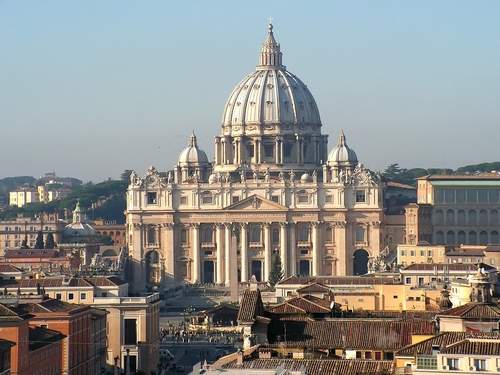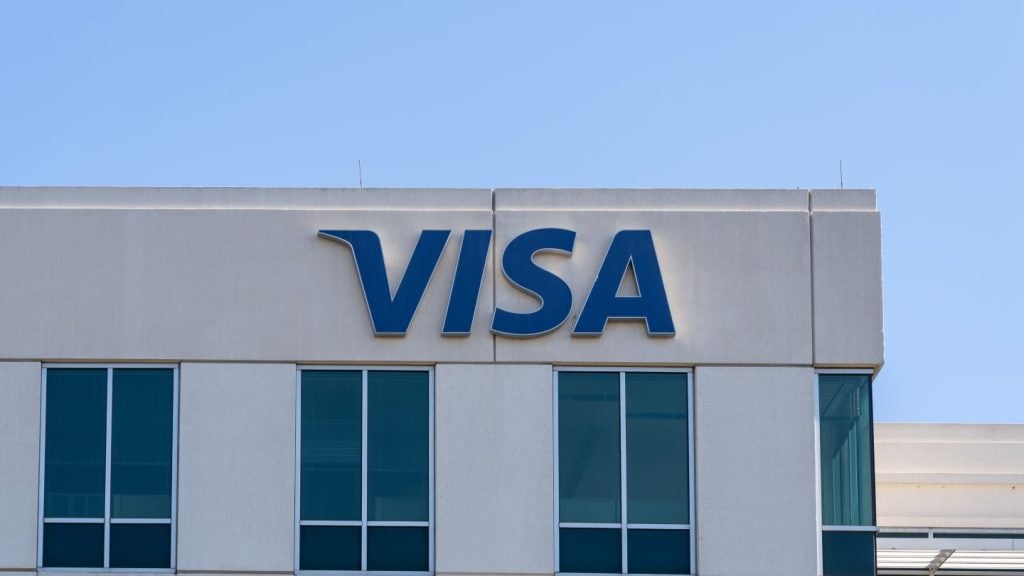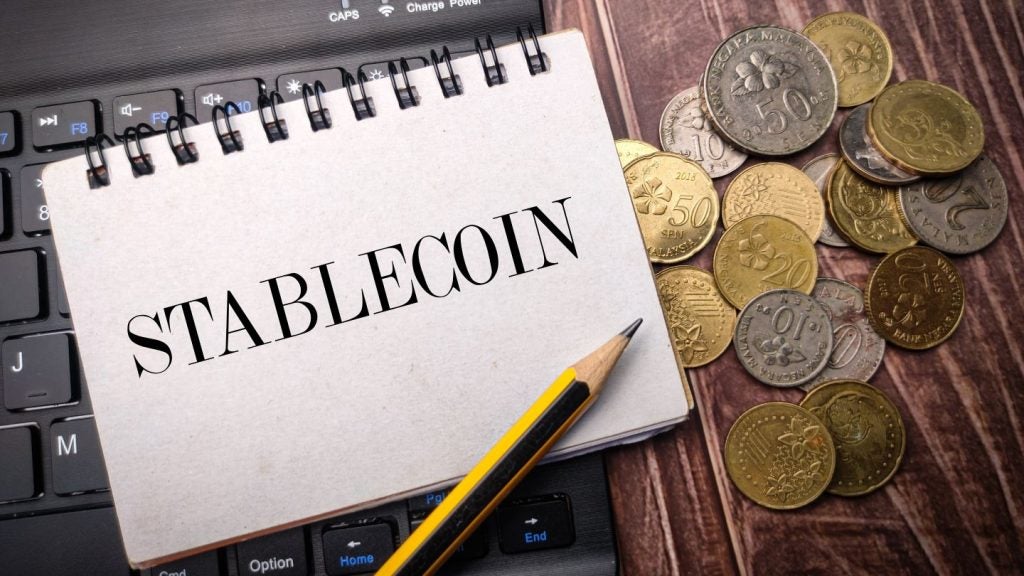
The smallest state in the world was abruptly forced to stop all card payments due to a clash with the Central Bank of Italy over anti-money laundering measures. Sara Perria looks into the shortcomings of Vatican’s regulation
It all began when the central Bank of Italy decided to withdraw its blessing to the Vatican’s ATMs and POS networks on January 1. Citizens and tourists suddenly had no choice than to use cash to visit Michelangelo’s frescos and the museums in the Holy See.
So what exactly happened? The network was being run by Deutsche Bank Italia on behalf of the Istituto Opere Religose (IOR) – the Vatican’s bank. Being an Italian bank, the latter is subject to Italian law and, to operate in the extra-EU Vatican State, it should have asked for authorisation to the Italian Central Bank. This did not happen until a central bank inspection began in September 2011.
It is not merely a formality, the Bank of Italy explained: the issue at stake was compliance with anti-money laundering regulation. The bottom line is that the Vatican was not compliant with EU regulations with respect to anti-money laundering efforts.
No problem, the Vatican told the media, just hours after the announcement was made. They were already looking for a new provider and the issue would be solved in a couple of days.
However, the issue turned out to be not as smooth: two weeks later cash was still the anointed means of payment in the Holy See.
Mysterious account management
The latest documents acquired by Rome’s magistrates in charge of the case suggest indeed that the regulation gap to be filled by the Vatican was such that the reactivation of its ATMs and POSs was not likely to occur in the short term as initially hoped.
According to the Italian daily newspaper Corriere della Sera, the issue – or the casus belli, as the Vatican might say – currently revolves around a EUR40m (USD53.4m) Deutsche Bank account in the IOR’s name. Following the September 2012 inspection, the Bank of Italy concluded that it was not possible to trace the origin of the money, due to the Vatican’s lack of regulation, which makes it impossible to reveal the name of the real account’s holder and of who has the power to conduct its related financial operations.
As a result, the Bank of Italy withdrew the authorisation to Deutsche Bank Italy.
The central bank inspection was triggered by a further investigation by Rome’s magistrates on the origin of another EUR23m (USD30.6m) IOR’s bank account.
It was during this first stage that the central bank’s financial intelligence arm – the UIF – found that all the money acquired through the Vatican’s points of sale flew into a single Deutsche Bank account in IOR’s name. However, the installation of the devices linked to this bank account would have required an authorisation, which had never been requested until the inspection began.
In an announcement published on the Banca d’Italia’s website to clarify the reasons behind the interruption of the service, the Italian central bank stated that "the Vatican City does not have either a banking regulatory framework or European recognition of ‘equivalence’ for anti-money-laundering purposes."
The Bank of Italy said it therefore had no choice but to reject the request for a moratorium put forward by Deutsche Bank Italia for the POS machines it had installed in the Vatican City without the necessary authorisation.
The central bank stressed that "there was therefore no discretionary decision, much less any discrimination. Any other European supervisory authority would have behaved in the same way, in compliance with Community law."
The Bank of Italy also reminded us that the adequacy of the Vatican’s anti-money-laundering system was assessed in July 2012 by the international body, Moneyval.
The central bank stressed in the note that, although Moneyval recognised that progress had been made, it concluded that the presence of an effective anti money-laundering regime had still not been proved.
Holy unprepared
Current European Union law allows the banks of EU countries to operate in a non-EU country only if the latter has an adequate banking regulatory framework and system of supervisory controls and exchanges of information between the respective authorities are possible.
In an interview in Corriere della Sera the Vatican responded to the Banca d’Italia clarifications saying the decision to block its ATMs and points of sale caught the Holy See by surprise.
"I am truly surprised," Vatican’s Financial Information Authority (FIA) head Rene Bruelhart said.
The FIA head insisted that "considering the particular nature of the Vatican City State, all adequate measures have been adopted for vigilance, prevention and fighting money laundering and financial terrorism".
Vatican trivia
The result of the Vatican’s electronic payments blackout is not only that citizens and tourists in the Vatican can currently pay only with cash. In addition, they will be unable to test their Latin skills, as the Vatican’s ATMs are the only ones in the world with a Latin language option.
Roberto Calvi, also known as the God’s Banker for its close links to the Vatican, was found hanged under London’s Blackfriars Bridge in 1982. Calvi was the chairman of the Banco Ambrosiano, which went bankrupt that same year, among allegations of mafia and in a scandal involving the IOR, sullying its reputation.







